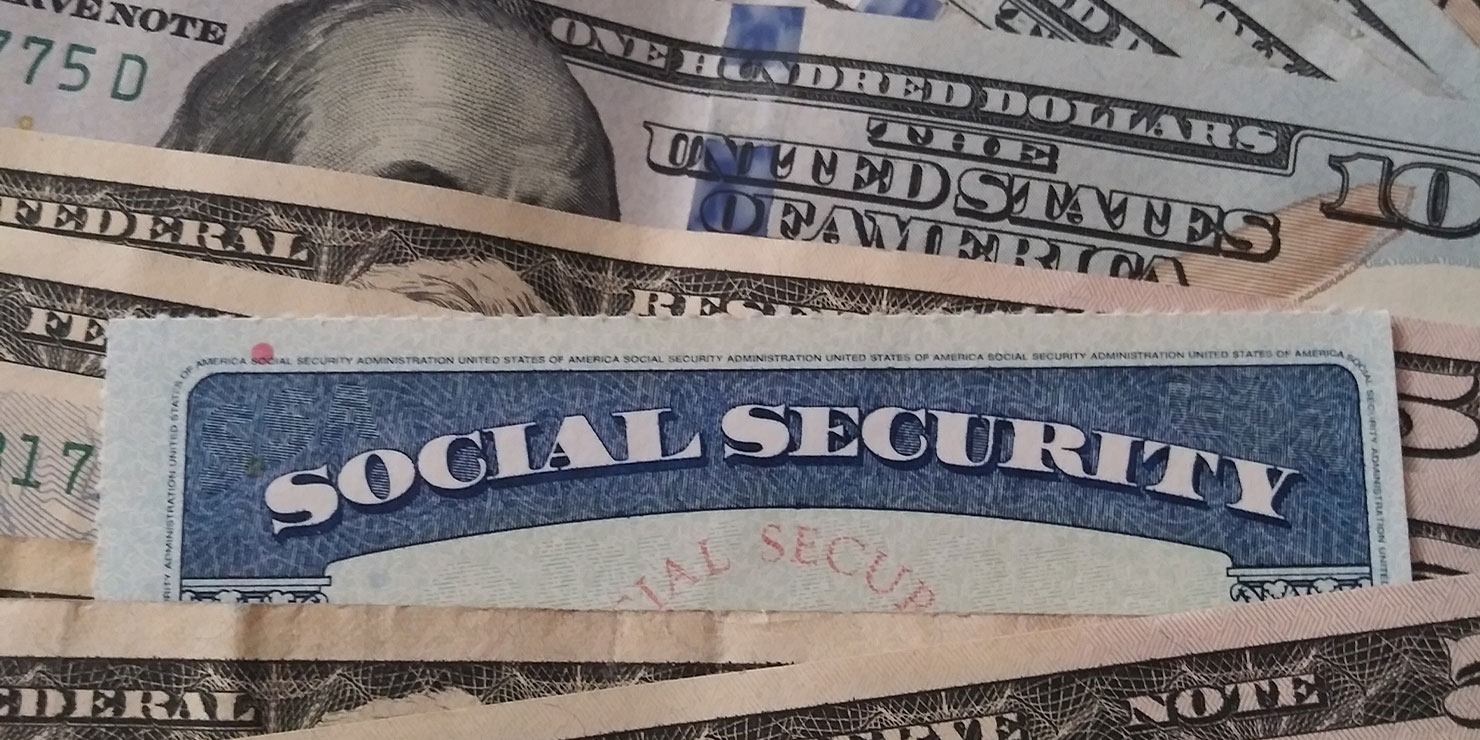
Let me paint you a picture: you are sitting in your doctor’s office. The nurse hands you a form to fill out with your information. You get to the bottom, and it asks for your social security number. Why does a doctor’s office need your social security number? For billing purposes? That’s what they tell you or the answer you give yourself as you put it on the form. But what if I told you that you do not have to tell your physician your social security number? The truth is you should never give it to them. There are multiple businesses, institutions, and organizations that may ask for your social security number, but that does not mean they need it or should have it.
First, let’s talk about what your social security number is. The Social Security Act in 1935 devised a method for uniquely identifying someone’s earning records. Since entitlement to Social Security and the benefit amount are determined from a person’s earnings, a method was needed for maintaining permanent and accurate records for each person working in employment covered by the Social Security program. The Social Security (SSN) number was developed for this purpose.1 It boils down to your SSN being the main identifier for your financial earning history.
A dishonest person who has your Social Security number can use it to get other personal information. Identity thieves can use your number and your credit to apply for other credit in your name. They then use the new credit cards, don’t pay the bills, and it damages your credit. This is why the fewer places that have your SSN the better.
Here are a few places that might ask for your SSN, why they might ask for it, and why you should refuse.
Doctor’s Offices and Hospitals
As stated before, your doctor’s office and some hospitals tend to ask for your SSN. Typically for billing purposes in the event, you do not pay your bill. However, if you provide your health insurance, who already have your SSN, then why do you still need to provide them with your SSN? IDSeal recommends refusing to give your SSN to your doctor’s office or hospitals.
School Systems
Recently schools across the country have become targets for data breaches and ransomware attacks. As discussed in our “Build An Identity” blog, your child’s SSN is incredibly valuable to cybercriminals compared to an adult’s SSN. This is because your child’s SSN is considered new. There is no credit associated with it, and whatever a cybercriminal does with their SSN can go unnoticed for years. According to the Justice Department, some school districts request your child’s SSN during enrollment to use as a student identification number. If a school district requests a student’s SSN there are two things it must do.2 First, inform you and your child that providing it is voluntary and that refusing to provide it will not bar your child from enrolling in or attending school. Secondly, explain for what purpose the SSN will be used. But, what you need to know is this; a school district may not prevent your child from enrolling in or attending school if you choose not to provide your child’s SSN. Also, a school district may not require you to provide your SSN for your child to enroll in or attend school. So when enrolling your child in a school system it is in your best interest to decline to give them your or your child’s SSN.
Anyone Over The Phone
This one is simple, no one under any circumstances should get your SSN over the phone. If the head of the FBI (highly unlikely) calls you and tells you they need your SSN to verify you tell them no and hang up. Even if they say they are on the way to arrest you, tell them “Okay, see you soon”, and hang up. No one who ever calls you on the phone needs your SSN right then and there. Here is why: First, you can not verify who is on the other end of the call. Second, you never know who is listening around you or who you are talking to on the phone. Finally, anyone who needs your SSN can wait for you to bring it to them in person if they need it.
Here is a list of who needs your SSN:
- DMV
- Companies from which you are applying for credit: credit cards, loans of any type, cell phone service
- Employers
- The three main credit reporting agencies: Equifax, Experian, and TransUnion
- Federal and state agencies when applying for benefits: Social Security, Medicare, disability, Medicaid, and other aid programs
- Investment advisors and brokerage houses
- Banks
- Companies with which you have a cash transaction of $10,000 or more: car dealerships, RV and boat dealerships, etc.
- Companies facilitating real estate transactions
Keep in mind when it comes to identity theft and giving out your SSN, the more places you have it, the more places it can be stolen. With that being said, here is what you can do to help keep your SSN safe and secure.
- Never carry your SSN card with you, unless you are going somewhere that needs it.
- Always question why someone or somewhere needs it.
Remember, the fewer places that have your SSN, the fewer opportunities cybercriminals have to steal it.
Sources:
- https://www.ssa.gov/policy/docs/ssb/v69n2/v69n2p55.html#:~:text=P.L.&text=The%20Social%20Security%20number%20(%20SSN%20)%20was%20created%20in%201936%20for,entitlement%20and%20computing%20benefit%20levels.&text=Today%20the%20SSN%20may%20be,system%20in%20the%20United%20States.https://www.justice.gov/sites/default/files/crt/legacy/2014/05/08/plylerfact.pdf
- https://www.ssa.gov/policy/docs/ssb/v69n2/v69n2p55.html#:~:text=P.L.&text=The%20Social%20Security%20number%20(%20SSN%20)%20was%20created%20in%201936%20for,entitlement%20and%20computing%20benefit%20levels.&text=Today%20the%20SSN%20may%20be,system%20in%20the%20United%20States.https://www.justice.gov/sites/default/files/crt/legacy/2014/05/08/plylerfact.pdf
Start protecting your identity today! Signing up is quick & easy
Remember, 1-in-4 Americans are the victim of identity theft. It's not a matter
of if you'll become a victim, it's when...